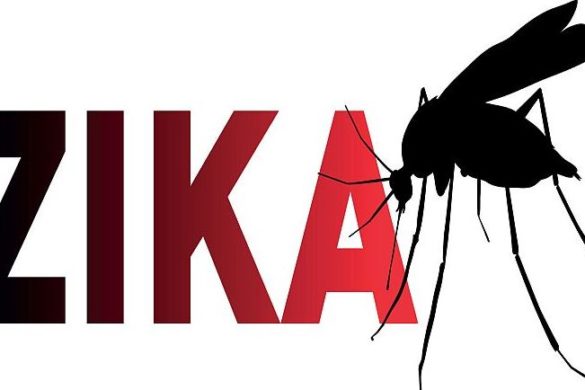by Gereon Fink, EAN Scientific Committee Chair, and Kristian Steen Frederiksen, EAN Scientific Panel on Dementia & Cognitive Disorders
The EAN strongly endorses the newly published EBC perspective paper on Rethinking Alzheimer’s Disease given that Alzheimer’s disease (AD) is a devastating neurological disease affecting more and more people in Europe and across the world due to ageing societies. Recent advances in biomarkers for earlier diagnosis, therapies, and the basic understanding of the disease converge at an inflexion point that will significantly impact how we treat and manage patients and call for rethinking how we deal with AD. Neurologists are uniquely positioned to lead this process.
Although the European Medicines Agency has not yet approved any of the novel disease modifying drugs for AD, the approval of lecanemab (an anti-amyloid-directed antibody for early AD) in the UK, South Korea, China, Japan, the USA and Canada brings hope. Introducing lecanemab in these countries will likely mandate a profound change in the diagnostic process and renewed optimism in the fight against AD. As more disease-modifying treatments for AD are likely to reach patients in the coming years (including in Europe), the need to prioritise early diagnosis increases.
Neurologists will spearhead this transition and play a pivotal role in enabling earlier diagnosis, management, and treatment of patients, thereby improving the lives of the patients and their families. Regardless of the access to novel disease modifying therapies, it is essential that patients with AD, their families and caregivers get support and treatment as early as possible.
AD, being a complex brain disorder with multiple pathomechanisms, requires a high level of expertise for early diagnosis and the use of novel disease modifying therapies. Neurologists, with their extensive experience in using disease modifying therapies in other neurological disorders such as multiple sclerosis, myasthenia, or brain tumours, are ideally skilled and trained for this task. They are familiar with the diagnostic tools (e.g. CSF analysis, MR and PET imaging), the mechanisms of action, and the necessary treatment monitoring, proving their ability and readiness to manage AD effectively.
To date, AD is a highly underserved disease in many parts of the world. A strong push towards more accurate, earlier diagnostic tools and disease-modifying therapies further advances the essential role of neurologists in Europe and other countries. Likewise, improved treatment and care will lead to a higher health care focus on AD. Meeting the challenges of an ageing population and, thus, more cases of AD, necessitates innovative solutions. It is time to rethink how we deal with Alzheimer’s disease.
Learn more about how and why we can and need to make a difference in the way we manage Alzheimer’s: https://www.braincouncil.eu/ebc-launches-rethinking-alzheimers-disease-pathway-from-diagnosis-to-care-perspective-paper/








